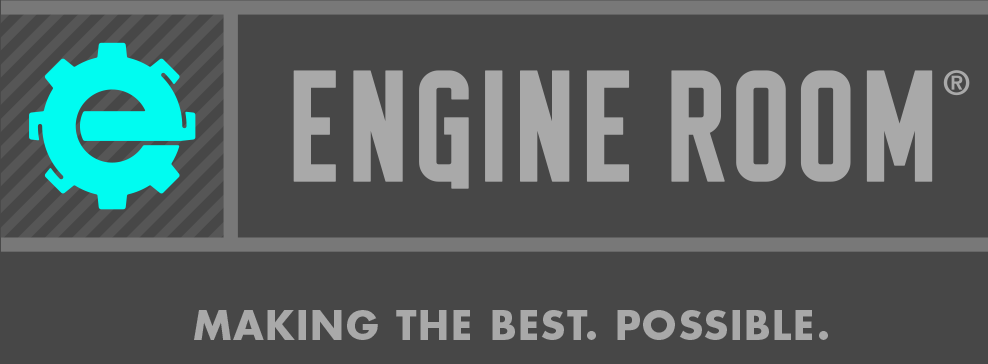
Customer Relationship Management (CRM) platforms can do more than store contacts and track sales. When implemented with clear strategy and alignment, a CRM can strengthen relationships, improve workflows, and drive measurable growth. But realizing that impact requires more than simply choosing a popular system. ROI depends on CRM implementation services that account for your business structure, internal processes, and long-term goals.
Every step—from early planning to post-launch optimization—needs to support adoption, eliminate bottlenecks, and connect daily tasks to broader outcomes. Here’s how to approach CRM implementation in a way that delivers meaningful return.
Identify ROI Targets Before You Commit to a Platform
Choosing a CRM should follow an internal discovery process, not lead it. Too often, businesses invest in a system based on feature lists without assessing what actually needs to improve. A solid CRM implementation starts with identifying the areas where the platform can deliver the greatest return for your business. That might include:
- Increasing conversion rates by automating lead handoffs
- Shortening the sales cycle through structured pipelines
- Reducing churn by creating consistent touchpoints
- Improving reporting to guide sales and marketing decisions
These targets need to be specific, measurable, and grounded in current-state data. Without clear baselines, it's nearly impossible to track return or make meaningful adjustments later.
Map Workflows to Actual Team Behavior
No CRM works right out of the box. Even the most intuitive platform needs to be configured around how your teams already operate—not how the software assumes they should.
Effective CRM implementation services dig into daily routines. How do leads move through the funnel now? Where are handoffs failing? What’s tracked in spreadsheets or not tracked at all? Instead of forcing new behavior, strong configurations support what’s already working and replace inefficient steps.
This isn’t just about automation—it’s about clarity. When people know what happens next and who owns it, fewer things fall through the cracks.
Clean and Standardize Data Before Import
Historical data only adds value if it’s reliable. When a CRM is populated with inconsistent, outdated, or unstructured information, it can create more problems than it solves.
A good implementation team will audit existing records before importing anything. This includes reviewing:
- Lead and contact status definitions
- Sales stage naming conventions
- Field-level duplication or ambiguity
- Gaps in mandatory fields
They’ll also establish a clear data dictionary—outlining which fields are required, what values are acceptable, and who’s responsible for maintaining them. Clean data leads to cleaner insights, which translates to better business decisions.
Train for Roles, Not Just Features
Training often focuses on system features instead of user roles. That approach makes adoption harder. Salespeople don’t need to understand campaign setup. Executives don’t need to log calls. Tailoring training to how people will use the system day-to-day increases usage and minimizes confusion.
Role-based training should cover:
- What to enter
- When to enter it
- How it connects to downstream results
This also fosters accountability. If teams understand how their input powers dashboards, forecasts, and strategic plans, they’re more likely to stay engaged and consistent.
Use Metrics That Actually Signal ROI
Adoption rates and login frequency don’t tell you whether a CRM is generating value. Your implementation should include a framework for tracking metrics tied to business performance.
Some examples:
- Average time from lead to close
- Win rate by source or rep
- Customer lifetime value
- Sales pipeline velocity
- Churn rate
These metrics should be part of your regular review cadence—monthly, quarterly, or aligned with sales cycles. That data helps you refine workflows and adjust configurations, ensuring the CRM keeps pace with evolving goals.
Choose Implementation Services That Understand Context
Technical configuration is only part of the picture. Real ROI comes from aligning system design with sales logic, customer journeys, and internal workflows. A CRM implementation service should be asking business-first questions: Who needs to see what? Where are you losing leads? How do decisions get made?
Context matters. A B2B company with long sales cycles and layered approvals doesn’t need the same setup as a B2C business managing quick transactions. Whether you’re selling software, services, or physical goods, implementation has to reflect that complexity.
Engine Room Delivers CRM Implementation That Pays Off
Engine Room provides CRM implementation services aligned with your business goals—not just technical setup. Our approach starts with ROI targets, maps real-world workflows, and builds configurations that support clarity, consistency, and performance.
We look beyond features to design systems that reflect how your teams actually work—then make sure those systems evolve as your strategy does. From data structure and reporting to adoption and training, we stay involved where it counts.
Consult an expert to see how we can help you get more from your CRM.





